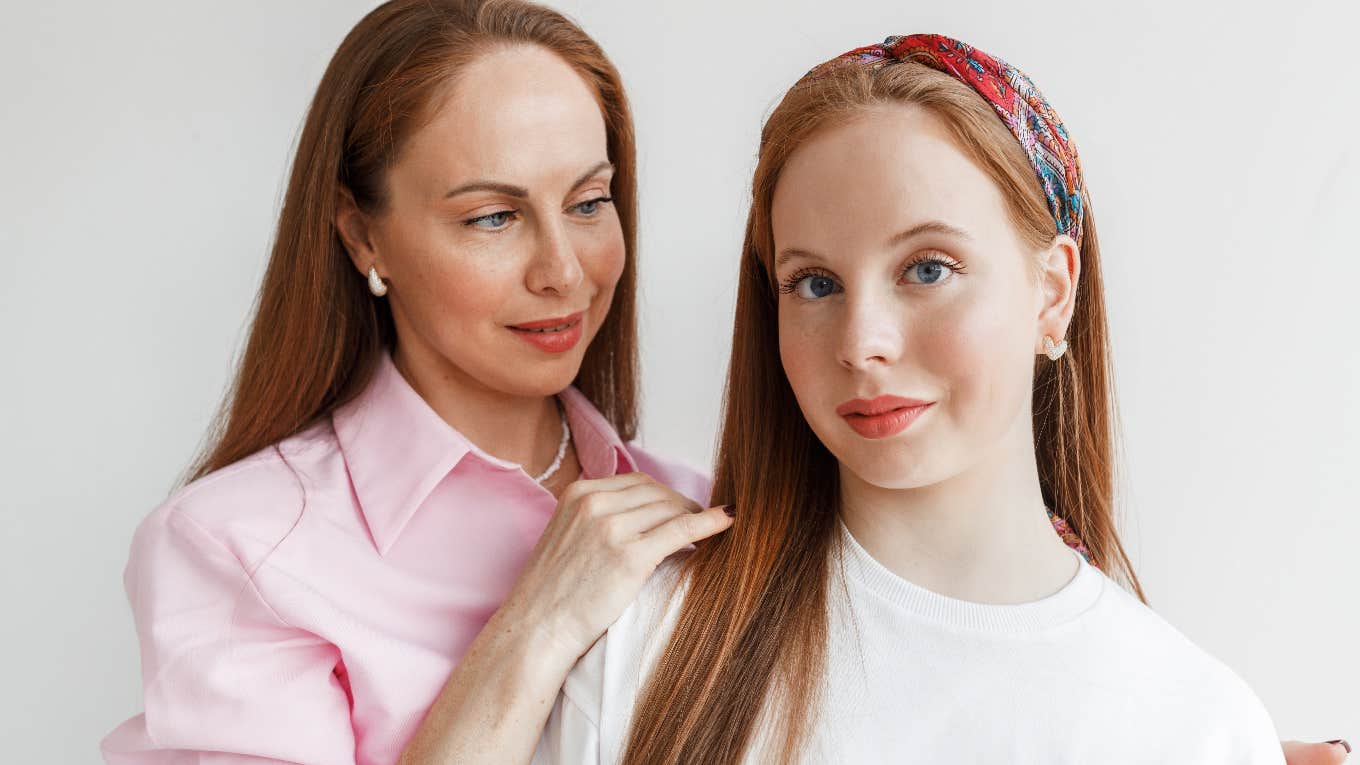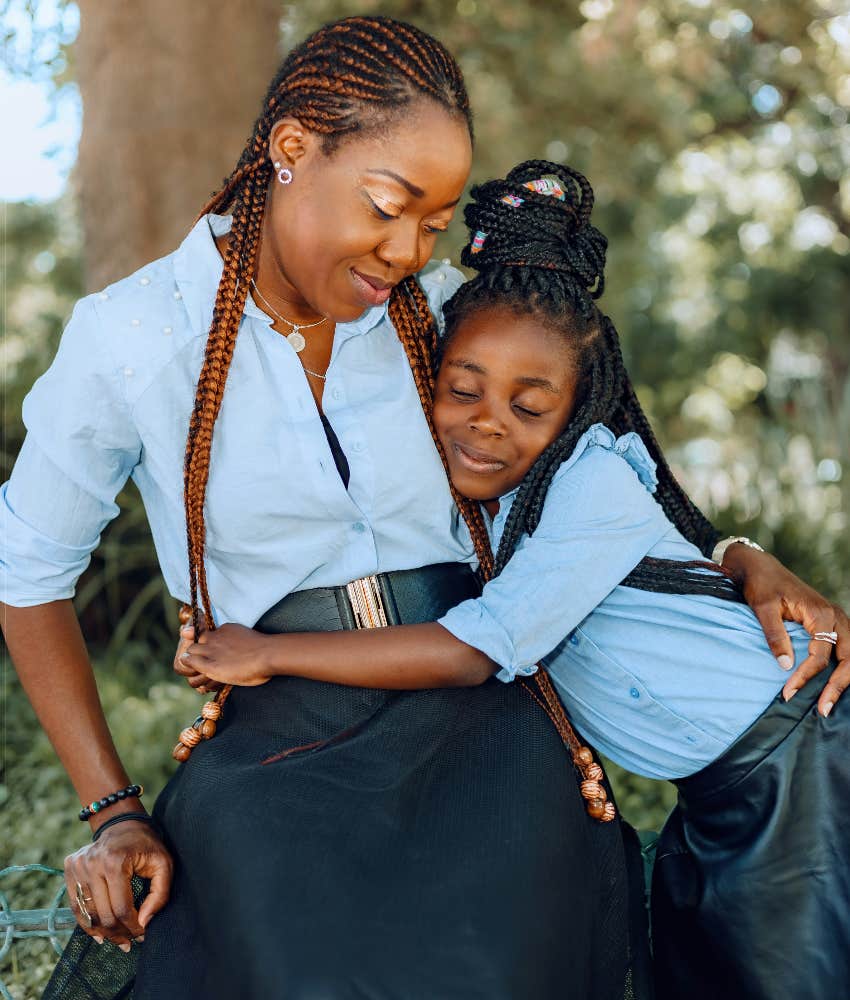Woman Who Was Sheltered As A Kid Says Sheltering Is A Form Of Neglect
We want our kids to be safe and happy, but some parents take it too far.
 shurkin_son | Shutterstock
shurkin_son | Shutterstock Many parents see shielding their children from the dangers of the world as an expression of their love and concern. How else are we supposed to keep them safe and protected for as long as we can?
Yet, though we may not want to hear it, sheltering kids can actually have more negative consequences than allowing them the freedom to make mistakes. One woman opened up on social media about the fine line between protection and control, and how it affects kids' futures.
The woman who was sheltered as a kid said that sheltering is a form of neglect.
Kieashia DeShawn posted a TikTok responding to a comment that read "being sheltered is a form of neglect." She wholeheartedly agreed, explaining that, while most people think of neglect as abandonment, there is another form that manifests as "control disguised as love."
"A lot of parents think that neglect only looks like abandonment, like a child fending completely for themselves, raising siblings, or missing meals. But there is another kind," she insisted.
"When a parent says things like, 'You don't need to be around boys at all. You don't need to worry about that right now. I'm doing this to protect you,' what they're really doing is avoiding hard conversation, skipping real guidance, and projecting their own fears onto the child," DeShawn continued. "That's not Protection. That's avoidance. That's control dressed up in concern."
This, she said, has real, tangible consequences. It teaches them to "ignore their intuition, to mistrust their own feelings, and to be afraid of their own body," she stressed.
However, she asserted that sheltering isn't actually about the child at all. Rather, it stems from the parents' anxieties and fears, often from unresolved trauma from their own childhood.
Parents demonstrate control in a variety of ways.
DeShawn explained that not all control looks the same. So-called helicopter parents hover, while others micromanage and hold kids to an impossibly high standard. They may shut down opportunities for children to make mistakes or to learn from them.
However, Psychology Today emphasized that "Parenting is not about control, but rather setting expectations and standards, listening, understanding how your child is different from you, and making sure that you are not bringing your past into the present."
 Yannaty KOUYATE | Unsplash
Yannaty KOUYATE | Unsplash
There's no one right way to parent, but listening and responding to your children in an appropriate and meaningful way helps to navigate unexpected situations and build lasting emotional connections.
Neglectful parenting keeps children from proper development and growth.
DeShawn listed some potential consequences of neglectful, overbearing parenting. "They could become sneaky," she said. "They could become a people pleaser. Or they could stay compliant and pleasant on the outside, but grow resentful as [heck] on the inside. Then you've got a grown adult still asking for permission to feel and to want and to say or to do or to be different."
Psychologist and YourTango contributor Eva Glasrud added that overbearing parenting can also cause mental health problems and make children dependent.
Though this style of parenting often stems from concern and love, it may be hindering children from developing into functioning adults. As DeShawn put it, "Your job isn't to build a robot that obeys commands. Your job is to raise a person who's going to thrive without you."
Kayla Asbach is a writer currently working on her bachelor's degree at the University of Central Florida. She covers relationships, psychology, self-help, pop culture, and human interest topics.

